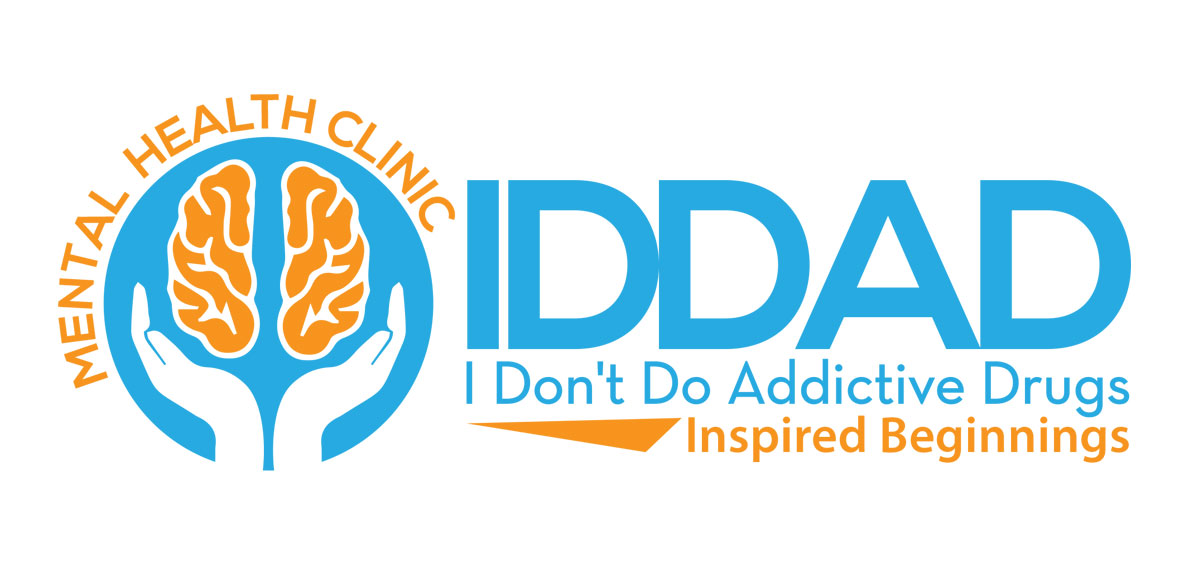[intense_content_box icon=”arrow-right” size=”2″ position=”topleft” animation=”bounce” border_radius=”20px”]We care about the future of our teens, and have the expertise needed to deal with teen anxiety. Contact us and see how we can help.[/intense_content_box]
Anxiety is currently the most common psychological problem facing individuals. This is true not only for men and women but also for children and adolescents. Prevalence estimates for anxiety disorders range from 10 to 20%. Anxiety disorders have been shown to remain stable throughout childhood and adolescence in the absence of treatment and result in moderate to severe disruptions in personal, social, and occupational development. Left untreated, anxiety disorders tend to persist and can lead to additional difficulties including depression and substance use.
How do I know if I am experiencing anxiety?
Anxiety is a feeling of apprehension, tension, or uneasiness related to the expectation of something bad happening. Some common manifestations of anxiety in adults include chronic worry, panic attacks or periods of intense anxious distress, unrealistic fears and/or avoidance of specific objects or situations (e.g., social situations, air or other forms of travel, animals, bridges), inability to venture away from home, intrusive and repetitive thoughts and/or behaviors, and somatic complaints (e.g., nausea, heart racing, chest tightness).






